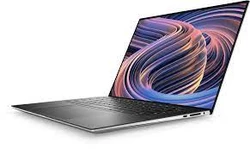Sanitary Napkin Incinerator
Premium Sanitary Napkin Incinerator Sourced from Certified Global Manufacturers and suppliers
Global Sourcing Hub
Source from 2,800+ verified Sanitary Napkin Incinerator manufacturers in 45+ countries with Secure Trade Guarantee







